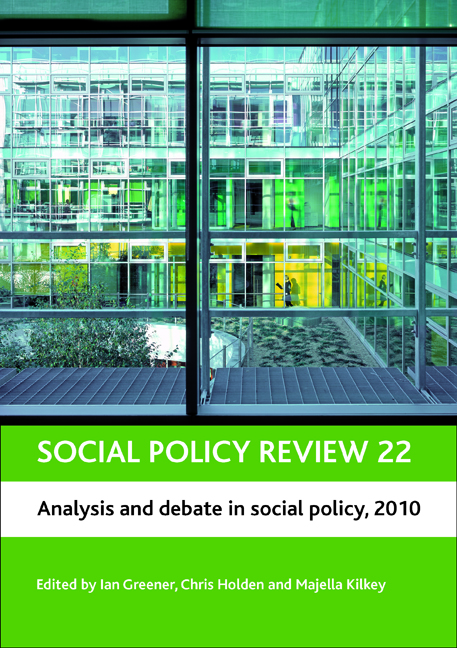fourteen - Service users as peer research interviewers: why bother?
Published online by Cambridge University Press: 01 September 2022
Summary
Introduction
Drawing on two studies completed within the social housing sector, this chapter asks if there are advantages to peer interviewing, whereby those currently or recently receiving services interview their peers as part of a research project. Contribution is made to the broader methodological debate of how service users should be involved in research about their lives. Along with contributions from a peer interviewer, we examine the benefits to peer interviewers themselves, and whether there are any positive differences for the people being interviewed. This chapter argues that there are clear methodological advantages to peer interviewing as it can lend vital insights from rapport with those often regarded as ‘hardest to reach’. The chapter also discusses peer interviewing in terms of strategic risk and limitations, as well as practical and ethical considerations. Ways of developing peer research in general are also suggested.
What is peer interviewing?
Historically, ‘professional researchers’ determined what data were to be collected, how they were to be collected, how they were analysed and what the findings meant (Hanley, 2005; Beresford, 2007). This structural exclusion of the perspective of people being researched (in this case service users) and the notion of them as only having a voice as ‘subjects’ has increasingly become a problematic issue, particularly in applied social policy research and in research about how health and social services interventions are delivered (Smith, 2004; Thornicroft and Tansella, 2005).
However, service user involvement – and peer research specifically – is an increasingly debated area in social research (McLaughlin, 2005). The focus of this chapter is on peer interviewing, but support for it and user involvement more generally falls into three broad camps (Becker et al, 2006). Some champion it as the only meaningful way to do applied social policy research. Others have serious reservations about its effectiveness. Still more feel they ought to engage with this approach but do not know exactly how. Peer research thus has the potential to engage or alienate researchers as well as policy makers and service providers.
Peer research has been termed ‘participatory action research’ in methodological literature (Becker and Bryman, 2004). Peer interviewing concentrates on one approach to fieldwork, particularly qualitative fieldwork.
- Type
- Chapter
- Information
- Social Policy Review 22Analysis and Debate in Social Policy, 2010, pp. 317 - 336Publisher: Bristol University PressPrint publication year: 2010



